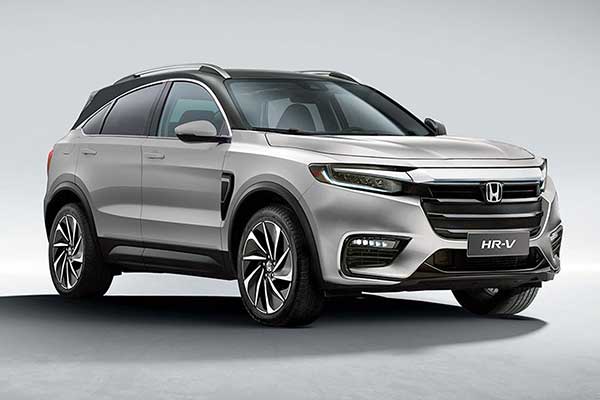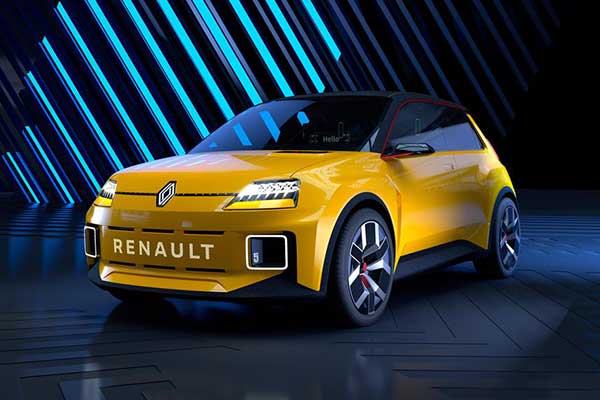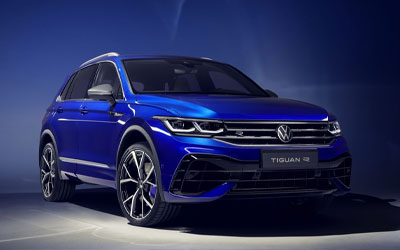In the ever-evolving world of automotive technology, the choice between hybrids and plug-in hybrids has become a hot topic in the USA. With growing concerns about environmental impact and fluctuating fuel prices, consumers are increasingly seeking eco-friendly and cost-effective alternatives to traditional gasoline-powered vehicles. This blog will explore the pros and cons of hybrids and plug-in hybrids to help you make an informed decision about which one is right for you.
Hybrids: A Balance of Power and Efficiency
Hybrid vehicles combine a traditional gasoline engine with an electric motor, creating a seamless balance between power and fuel efficiency. Here are some of the pros and cons of owning a hybrid car:
Pros:
1. Fuel Efficiency: Hybrids are known for their excellent fuel efficiency. The electric motor assists the gasoline engine, allowing the car to operate at its most efficient.
2. Lower Emissions: Hybrids emit fewer greenhouse gases than traditional vehicles, contributing to a cleaner environment.
3. Regenerative Braking: The electric motor in hybrids can recover energy during braking, helping to recharge the battery and increase overall efficiency.
4. Excellent Resale Value: Due to their popularity and reputation for reliability, hybrids often have a better resale value compared to some traditional vehicles.
Cons:
1. Limited Electric-Only Range: Hybrids can’t run on electricity alone for long distances. They rely on the gasoline engine for extended trips.
2. Higher Upfront Cost: Hybrid vehicles tend to be more expensive upfront compared to their gasoline counterparts.
3. Less Power: While hybrids are great for fuel efficiency, they may lack the power and performance some drivers desire.
Plug-in Hybrids: The Best of Both Worlds
Plug-in hybrids (PHEVs) take the concept of a hybrid vehicle one step further by allowing you to plug in and charge the battery, extending the electric-only range. Let’s explore the pros and cons of plug-in hybrids:
Pros:
1. Extended Electric Range: PHEVs have a more substantial electric-only range, allowing you to complete many trips without using gasoline.
2. Lower Fuel Costs: With a longer electric range, PHEVs can save you even more on fuel costs compared to traditional hybrids.
3. Environmental Benefits: PHEVs significantly reduce emissions when operating in electric mode, making them even more environmentally friendly.
4. Federal Tax Credits: Many PHEV models qualify for federal tax credits, which can help offset the higher upfront cost.
Cons:
1. Limited Charging Infrastructure: The availability of charging stations varies by region, and it may not be as convenient as refueling at a gas station.
2. Higher Upfront Cost: PHEVs tend to be more expensive than traditional hybrids due to their advanced technology and larger battery.
3. Reduced Trunk Space: The battery in a PHEV typically takes up some trunk space, which can limit cargo capacity.
Making the Right Choice
The choice between a traditional hybrid and a plug-in hybrid depends on your driving habits, budget, and environmental concerns. If you mainly drive short distances and have access to charging infrastructure, a plug-in hybrid might be the better choice. On the other hand, if you need the flexibility of longer trips and aren’t ready to fully embrace electric driving, a traditional hybrid could be the right fit.
It’s worth noting that the automotive industry is rapidly evolving, and more hybrid and plug-in hybrid models are hitting the market with each passing year. Additionally, electric vehicles (EVs) are gaining traction, offering a fully electric driving experience. EVs may be a viable alternative if you’re ready to go all-in on electric power.
In conclusion, the choice between hybrids and plug-in hybrids ultimately comes down to your unique needs and preferences. Both options offer significant benefits in terms of fuel efficiency and reduced emissions, contributing to a greener future. As technology advances, the automotive market will continue to provide more choices for eco-conscious consumers. So, whether you opt for a traditional hybrid or a plug-in hybrid, you’re contributing to a more sustainable and cleaner transportation future.





